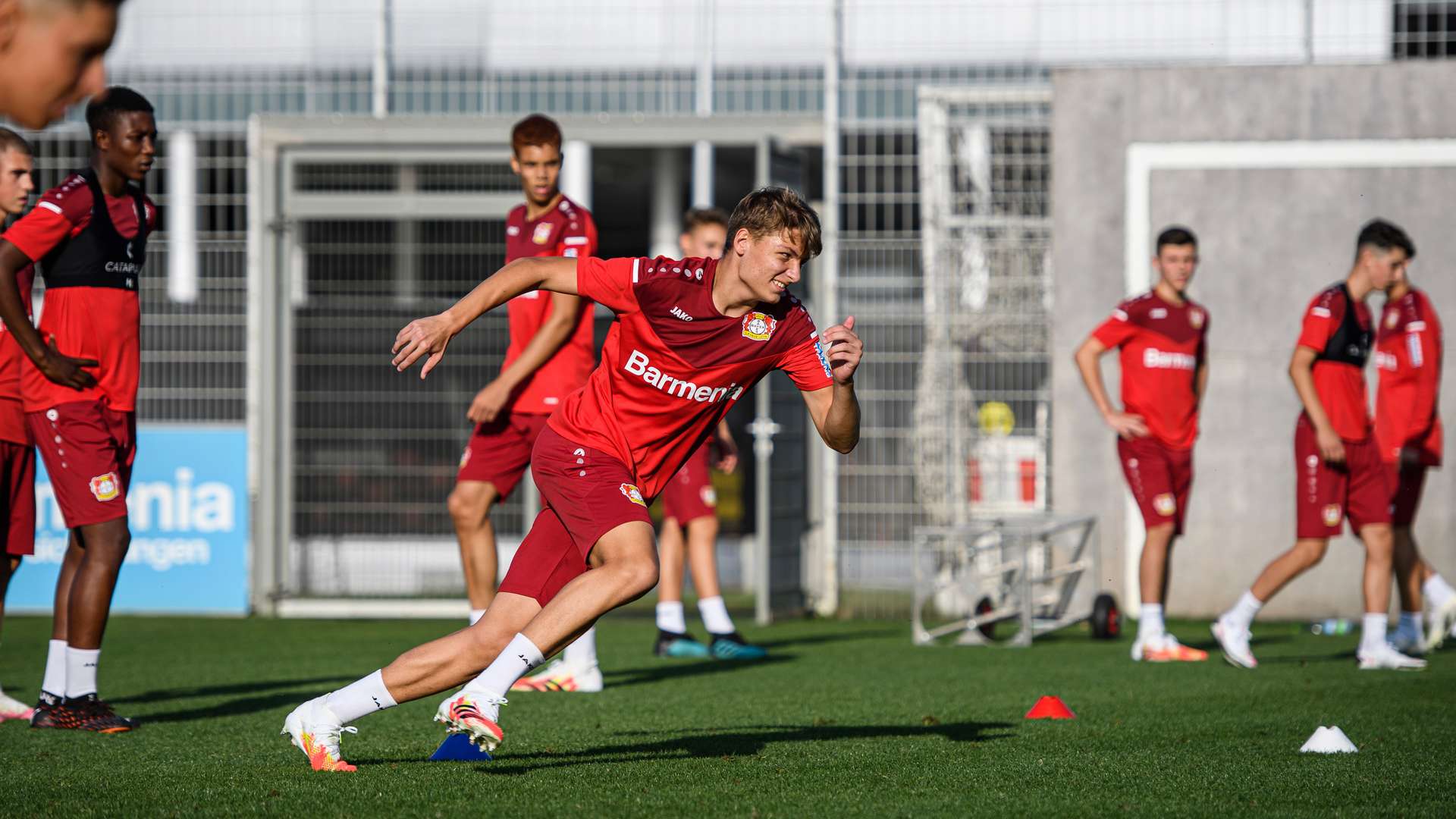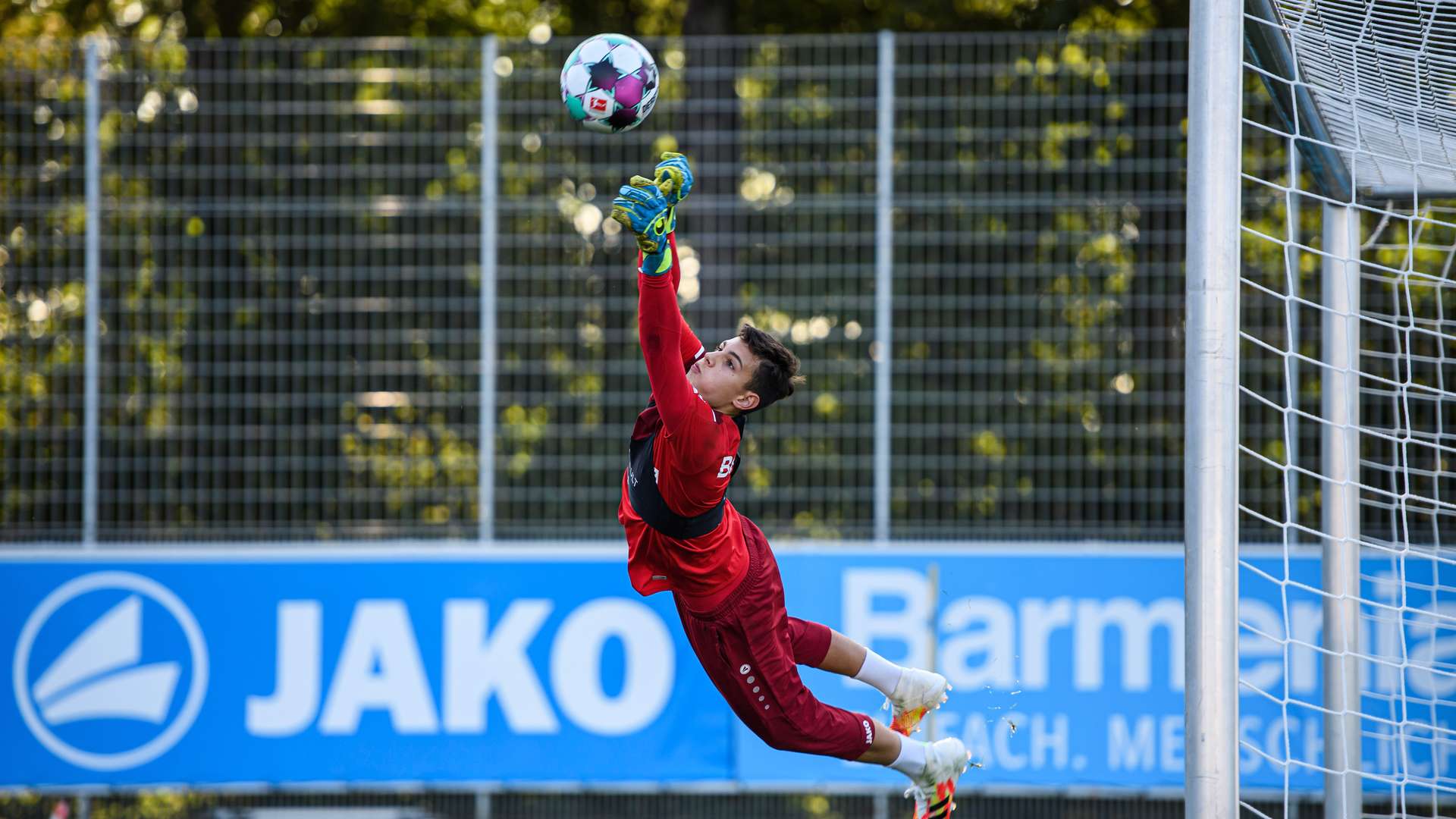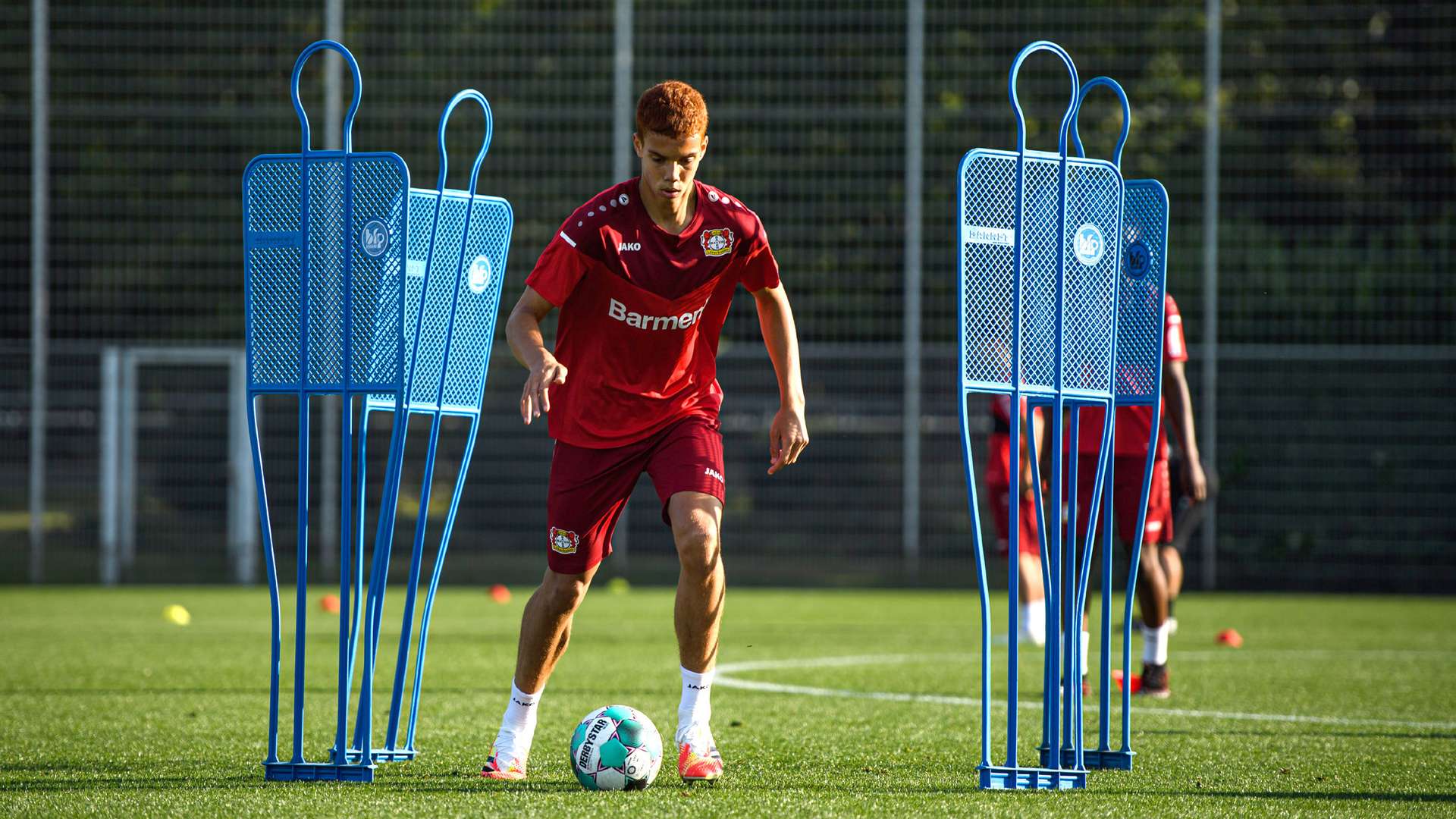Pressure on the vessel


The older youth age groups have been incredibly stretched during the Covid-19 crisis.
„The lads in the final youth year need a stage to perform on.

All the same with opponents on the training ground: The junior players can still train.
„You work up to the game, want to pick up three points, produce a good performance – all those targets suddenly go by the board, also in your head. That’s the hardest thing.
